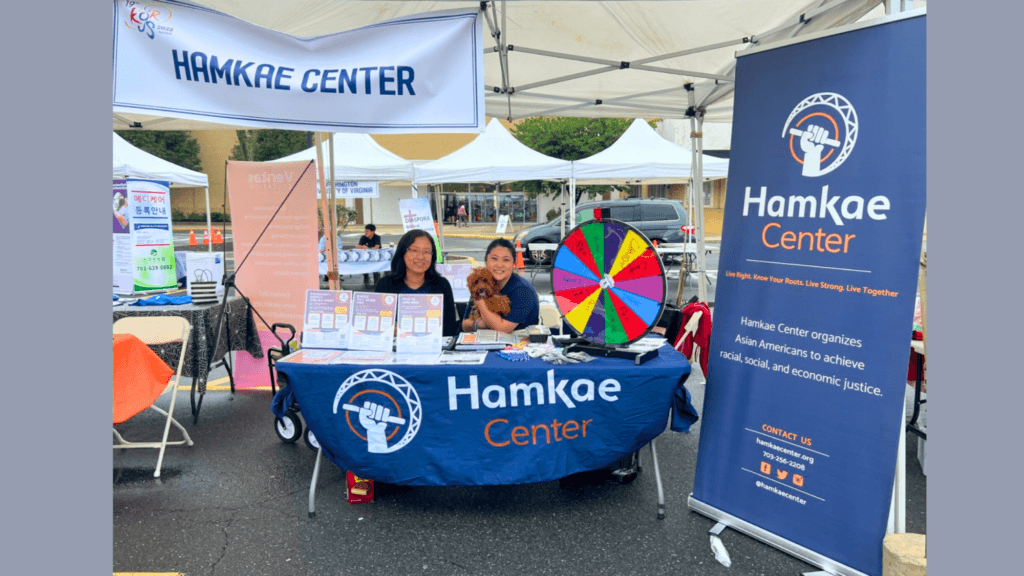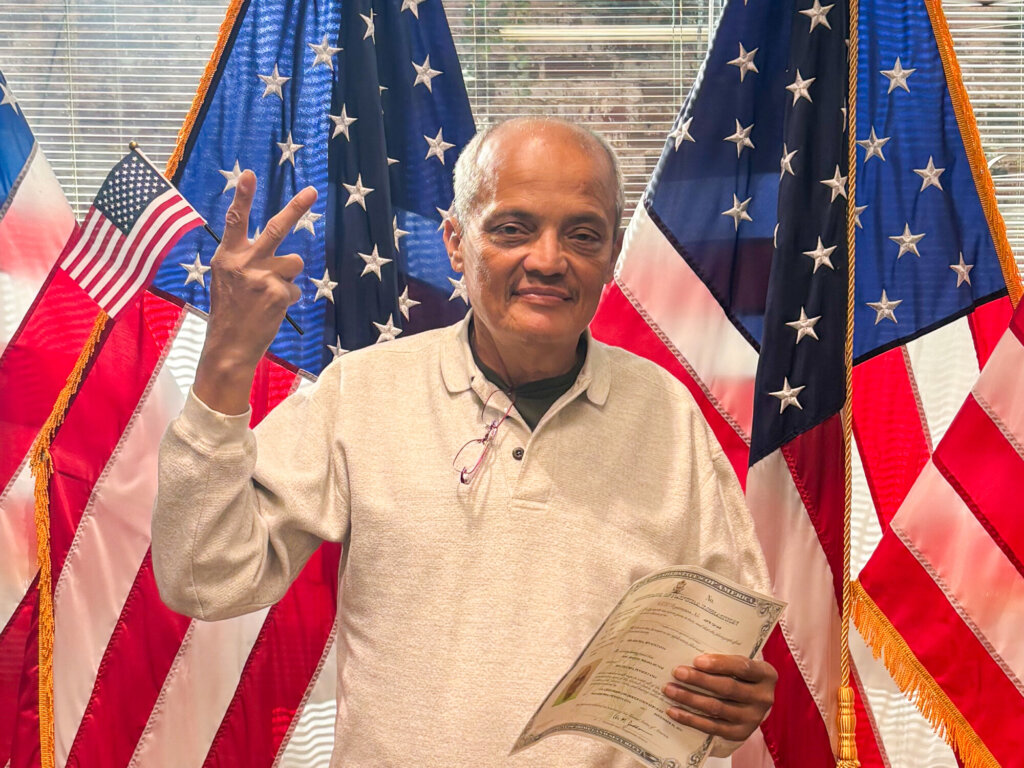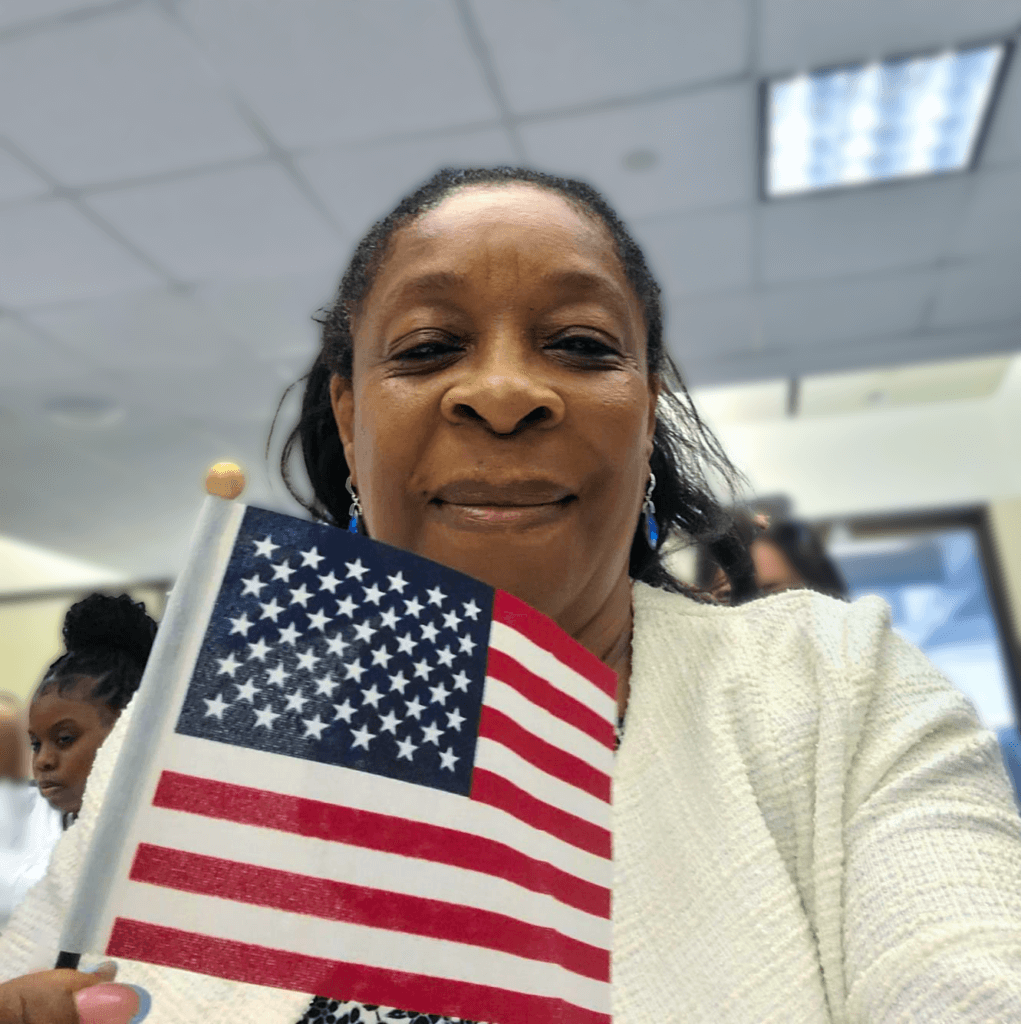Allison Kim: “I wanted to vote, I wanted to have a voice. I began to think it’s time to become a citizen. That feeling kept growing, growing, growing.”
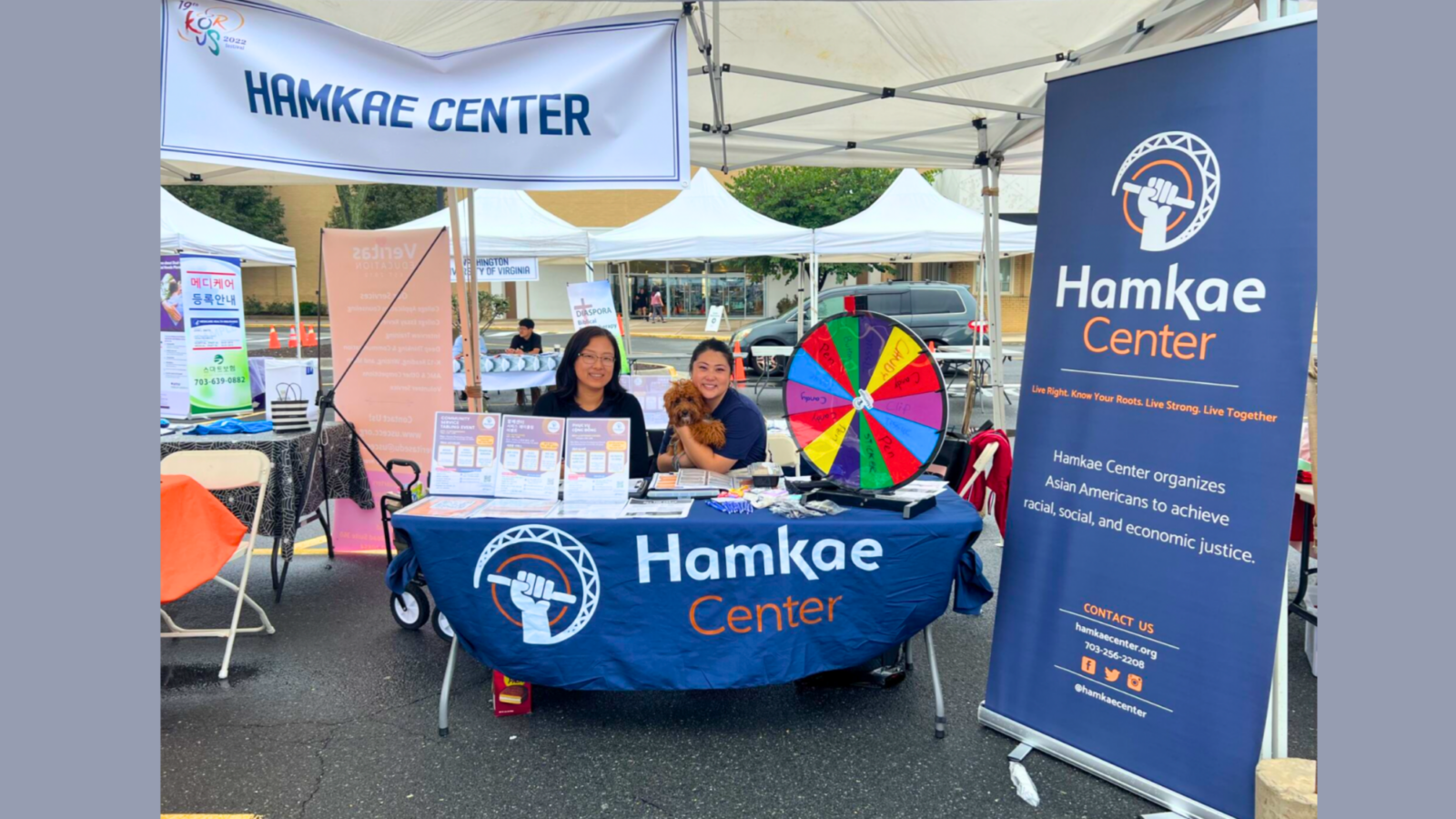
Explore More
I was born in Seoul, South Korea. When I came to this country, I gave myself a new name: Allison Kim. My parents decided to come to the U.S. in 2000. My father was a banker, and my mother was a housewife. At the time, the Korean economy was very bad. Everybody lost their jobs, and a lot of people were trying to get out of Korea. My mother’s sister was in America, and I think she spoke a lot about the American Dream. That’s the main reason my parents decided to come. I had no choice. I was a child, 13 or 14 years old.
In Korea my father was a 9-to-5 salary man. But he doesn’t speak English fluently, and in America he couldn’t get the same job. He had to work construction. It was totally different. I went to middle school here in Maryland and then to high school. It was a really difficult time in my life. Exactly one year after we got here, my mother passed away in a car accident. It was a few days before 9-11 in 2001. It was a disaster for my family.
I was like a replacement for my mom. I had to become the cook in the family. I had to take care of my younger brother. And my father had to leave the house early in the morning until really late at night to make money. I had to go to school and get used to a new culture and new people who weren’t Korean. It was a lot of pressure. I was very confused. I had to be a good daughter, good sister, good student. I couldn’t handle all those things. I didn’t know where to get help. I was a freshman in high school, but I dropped out. I started a part-time job. Now I live on my own and work full-time in a Wings restaurant. I do everything, host, cashier, serve.
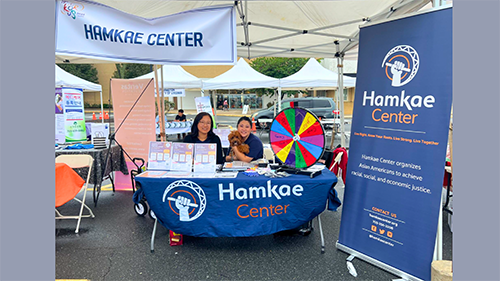
A few years ago, when I read the news about politics and everything going on in America, l thought, “Whatever, it’s not my country. Whatever happens, I don’t care.” I thought I just needed to go to work and to sleep, work and sleep, that’s all. I didn’t care about the world. But little by little, every day, a feeling was sparking in my heart. I began to think, “This country needs to change!” I began looking back at my life. I’ve lived in this country more than I lived in my original country. I’m more comfortable speaking in Korean, but I am Americanizing. I wanted to vote, I wanted to have a voice. I began to think it’s time to become a citizen. That feeling kept growing, growing, growing.
There is a Korean Festival annually in Annandale, VA. A couple of times I visited to eat food and do cultural things. My favorite dish is a kimchi stew. There were many booths, and a community center—the Hamkae Center—had a booth. The person there said that they could help me apply for citizenship. At first, I thought, “OK, maybe someday when I need it.” Less than a year later, I emailed them to get an appointment.
I met with Sejung Park face-to-face and she helped me fill out the form and explained what will happen in the future after I apply. I was kind of worried because I read Korean newspapers and sometimes they say the citizenship fee will be raised again, again, and again. When I visited Sejung Park she said we can waive the fee because my income was so low. Of course, even if they couldn’t waive my fee, I didn’t mind because becoming a citizen is worth it. But if it’s waived, I’m happier.
I studied for the exam on my own. I just watched YouTube and then I got the questionnaire booklets, and I kept studying. That’s all I did. I wasn’t a good student in high school. I dropped out; so I worried a little bit. But I didn’t go to the class because my English is good enough to study by myself.
There are a hundred questions and I tried to memorize all hundred questions and answers because you never know which questions you will have. I liked studying the content, for example the system of laws and U.S. history. But they asked only 10 questions. They asked me, “What is the name of the vice president? What is the name of the biggest river?” And they wanted me to write one random sentence, whatever they said, on the tablet. I passed. Honestly, taking the test was easy for me. I called my boyfriend at the time, and my work, and they were happy. But I was not ready to celebrate yet because I didn’t have my citizenship certificate in my hand.
When I got a letter to come to the office for the oath ceremony, it said they don’t have a specific dress code but to dress nicely, “dignified,” or something like that. I wore a dress shirt and nice pants, but it was snowy, and the ceremony was so cold, everything was covered by a long puffy coat!
My ceremony was in the court because I changed my name. It was a ceremony only for people who changed their names. There were around 58 people from all over the world, plus their families. I was excited to become an American. I was proud of myself. I got help from Sejung Park, but I did the studying all by myself.
My life is still the same. But when I face American people, it feels a little different. I have confidence. I’m a cashier, so when I help customers, and especially American citizens, I think, “I’m the same as you.” I have that attitude now. I think the most important thing is that I can speak up, and have a voice, and I can vote. I am so excited to vote. But my ceremony was after the election.
When your status changes, your life is not dramatically changed, but I will live my life with more confidence, and I like that. When I studied for my citizenship exam, I learned that I have the right to write a letter to my congressman. So maybe one day I will write a letter to exercise my voice. When you have a green card, you can’t fully participate. As a citizen, I can at least try to help make change, and that’s a good thing.

